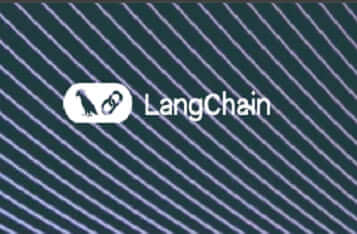LangGraph 0.3 Launches with Prebuilt AI Agents in Python and JavaScript
LangGraph has unveiled its latest update, version 0.3, which includes the introduction of prebuilt AI agents in both Python and JavaScript. This release aims to streamline the development of AI agents, according to LangChainAI. The update is designed to appeal to developers seeking a more efficient and accessible framework for building AI solutions.
Framework Enhancements and Industry Adoption
Over the past year, LangGraph has been positioned as a leading framework for AI agent development. Companies such as Replit, Klarna, LinkedIn, and Uber have adopted LangGraph, reinforcing its credibility and versatility in the tech industry. This widespread adoption underscores the platform's potential to support various AI-driven applications.
Core Principles and New Features
LangGraph maintains a commitment to low-level functionality without enforced cognitive architectures, distinguishing itself from other frameworks. This approach ensures production readiness and flexibility for developers. However, recognizing the value of higher-level abstractions, LangGraph 0.3 introduces prebuilt agents to simplify the development process and provide a convenient entry point for newcomers.
The update also sees the migration of the create_react_agent feature to a separate package, langgraph-prebuilt. This move aims to enhance modularity and ease of use for developers looking to implement simple tool-calling agents.
Prebuilt Agents and Community Involvement
The newly introduced prebuilt agents are designed to facilitate common agent patterns, offering a balance between ease of use and customization. Built on LangGraph, these agents can be easily modified to suit specific needs, encouraging developers to experiment and innovate.
LangGraph's developers hope to foster a vibrant community around these prebuilt agents, similar to the success seen with LangChain integrations. To support community contributions, LangGraph provides guidelines for creating and sharing prebuilt packages. This initiative has already seen over 700 integrations, many maintained by the community, and aims to replicate this success with the new prebuilt agents.
As the AI landscape continues to evolve, LangGraph's latest release positions it as a pivotal tool for developers aiming to harness the power of AI in their projects. By combining ease of access with robust customization options, LangGraph 0.3 seeks to empower a new wave of AI innovation.








